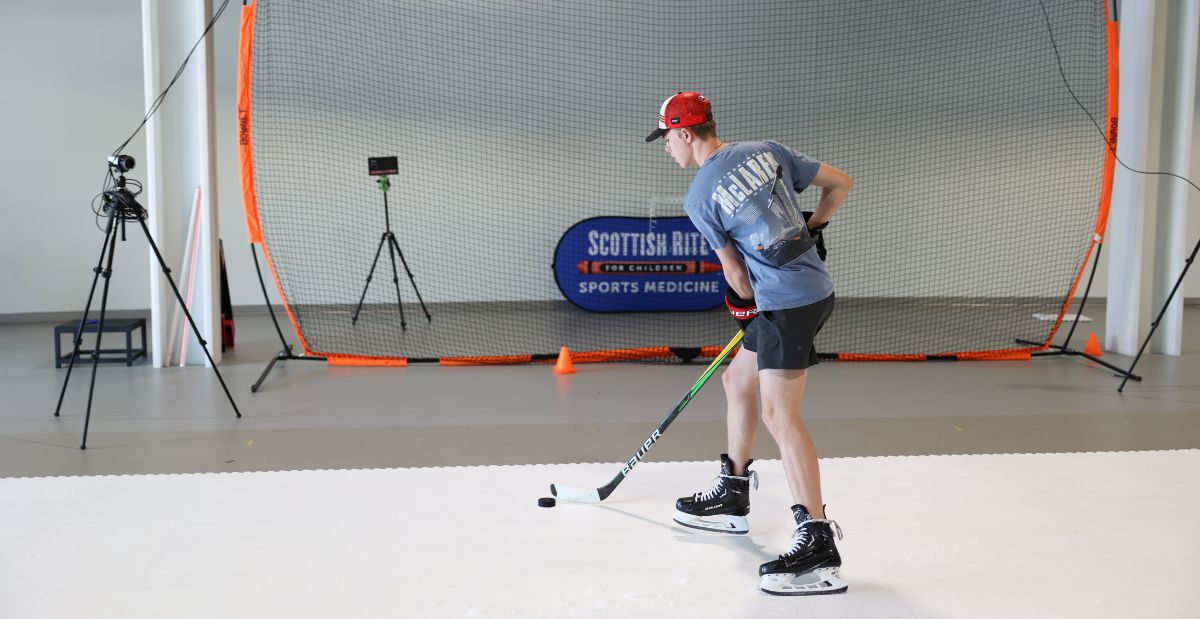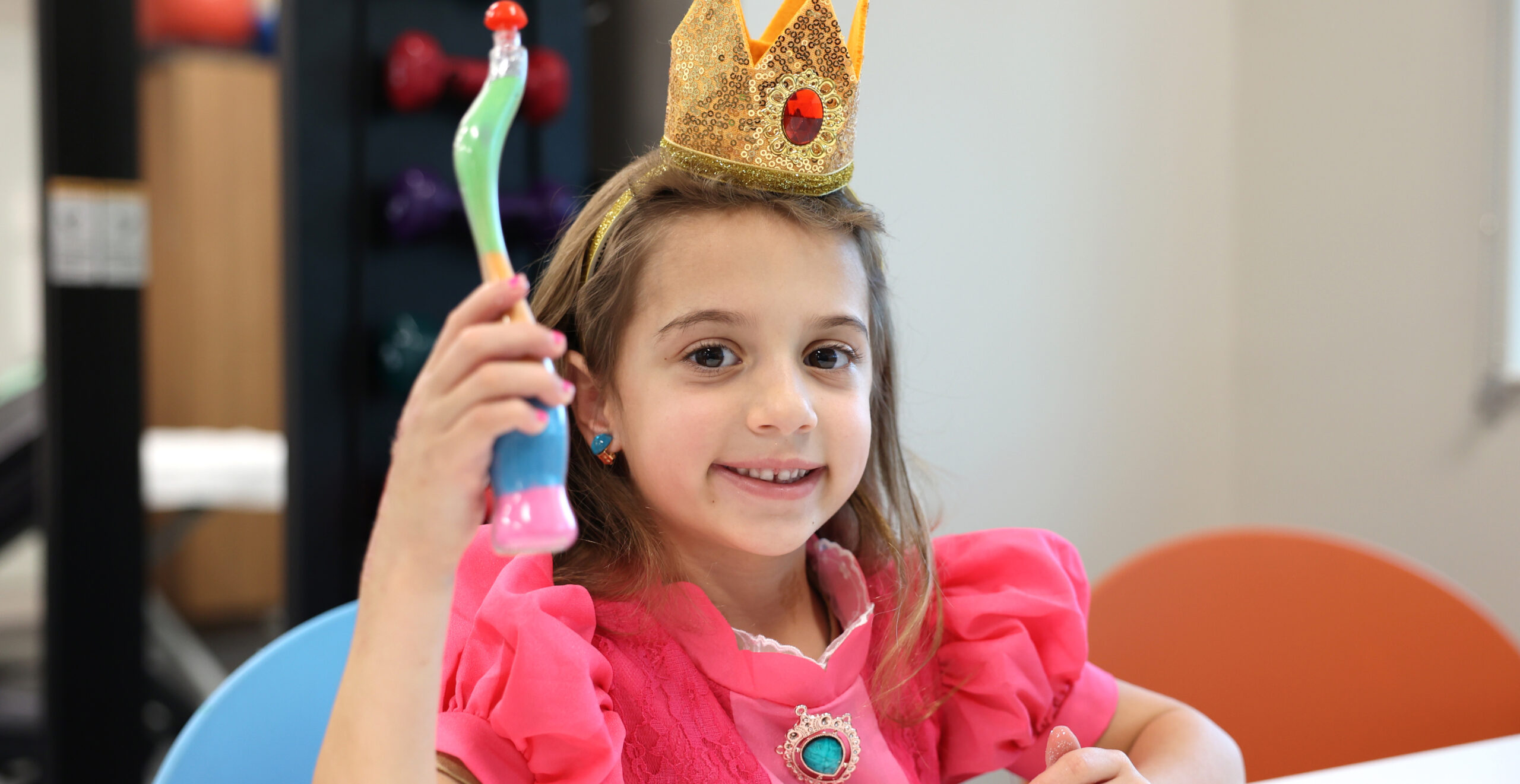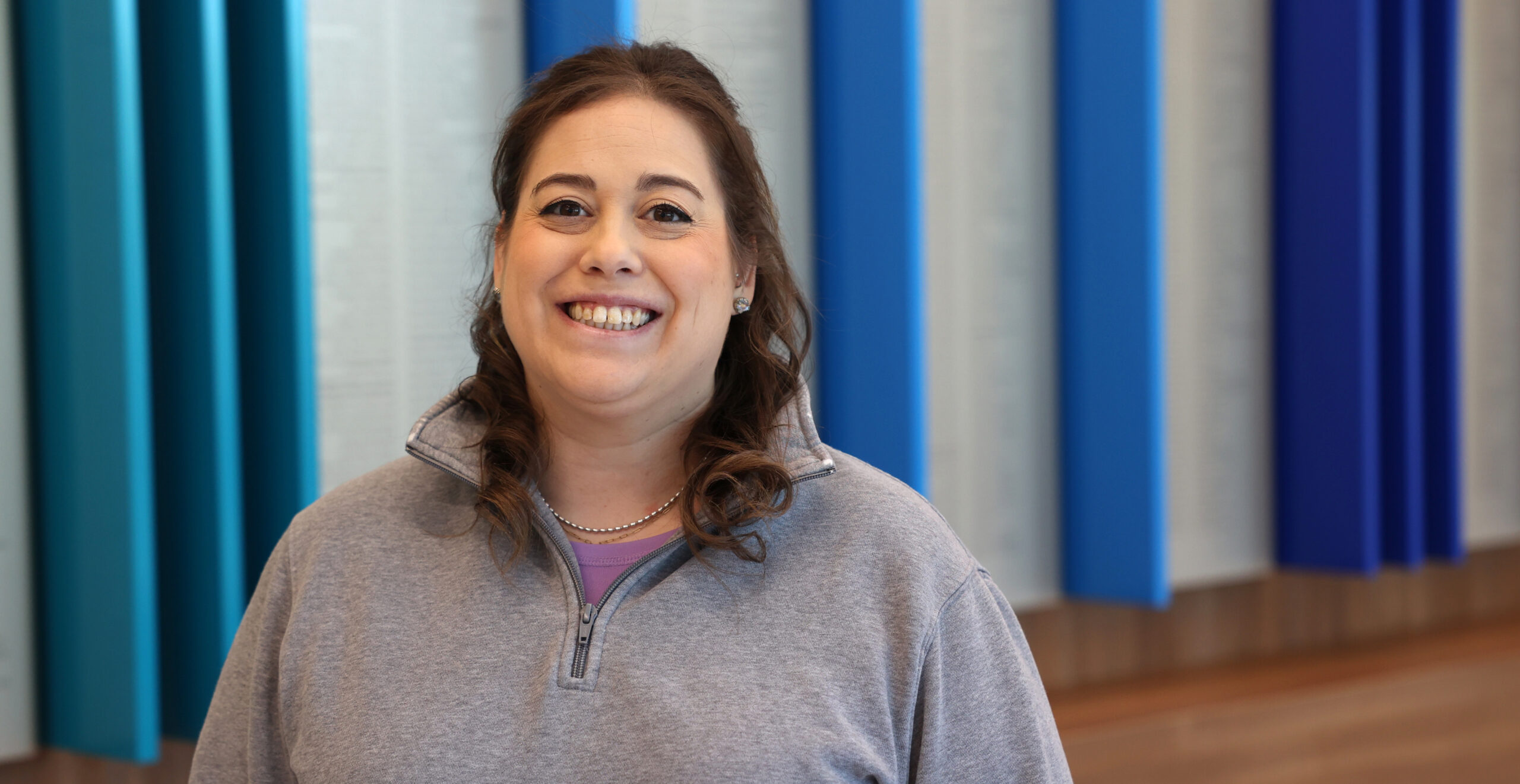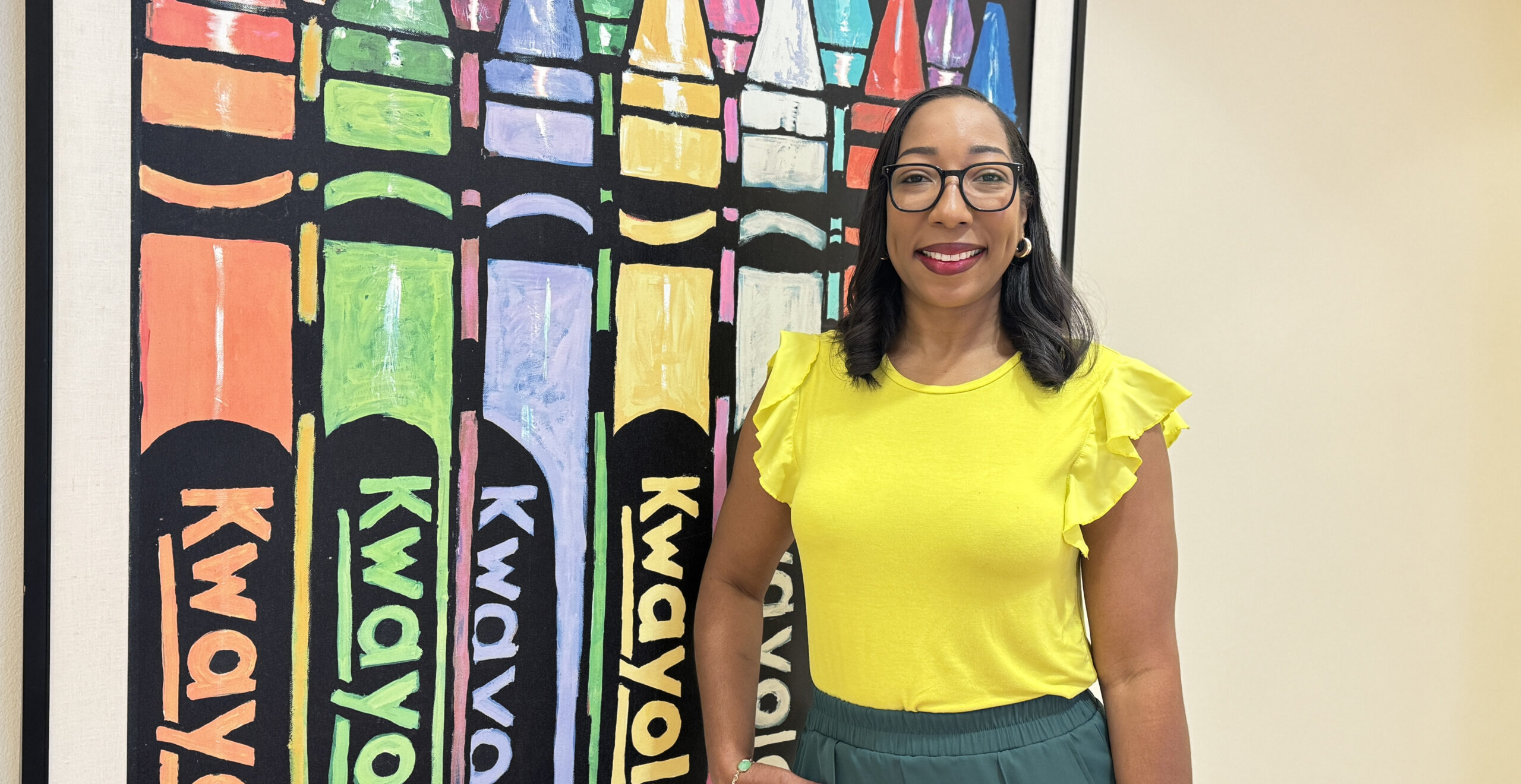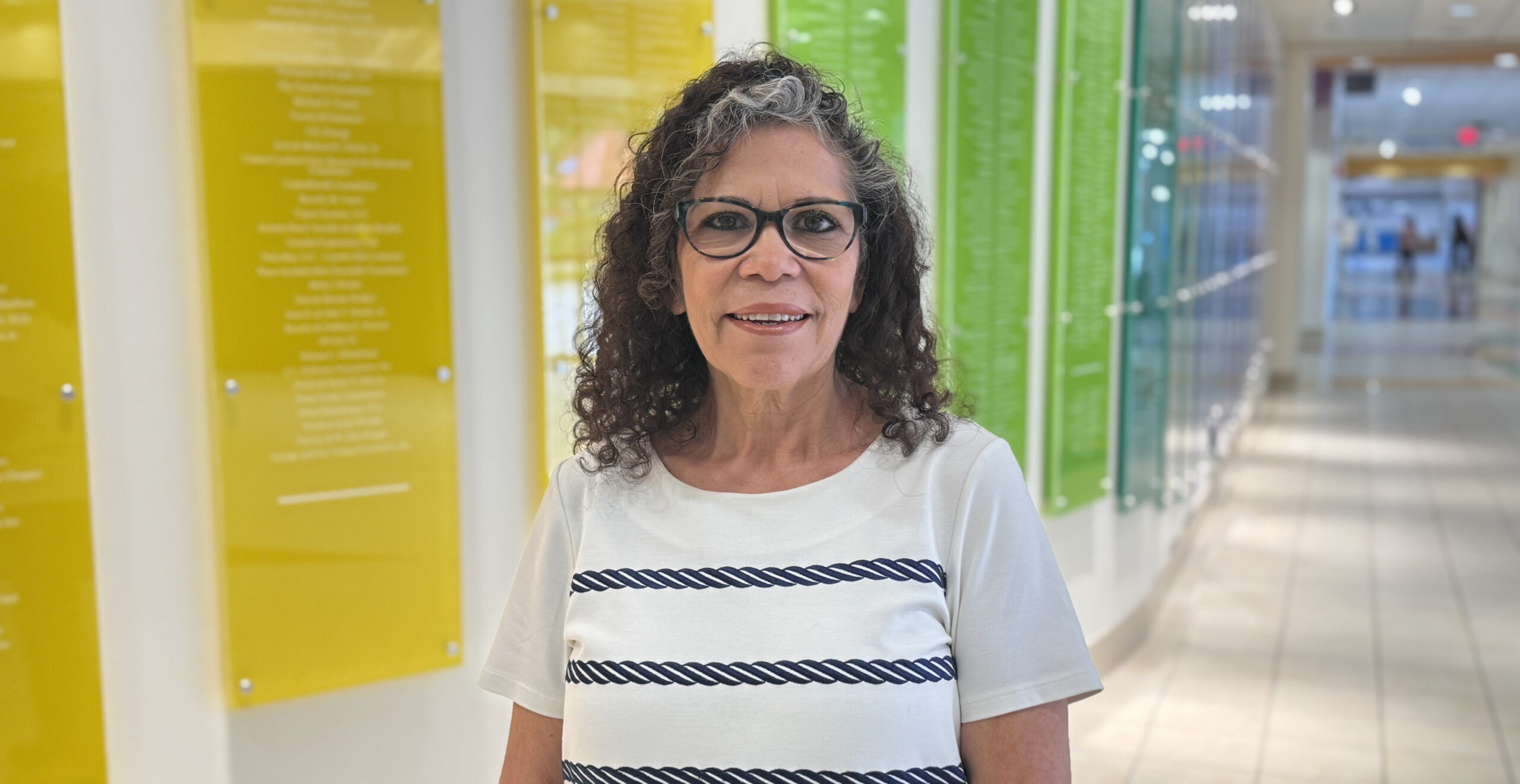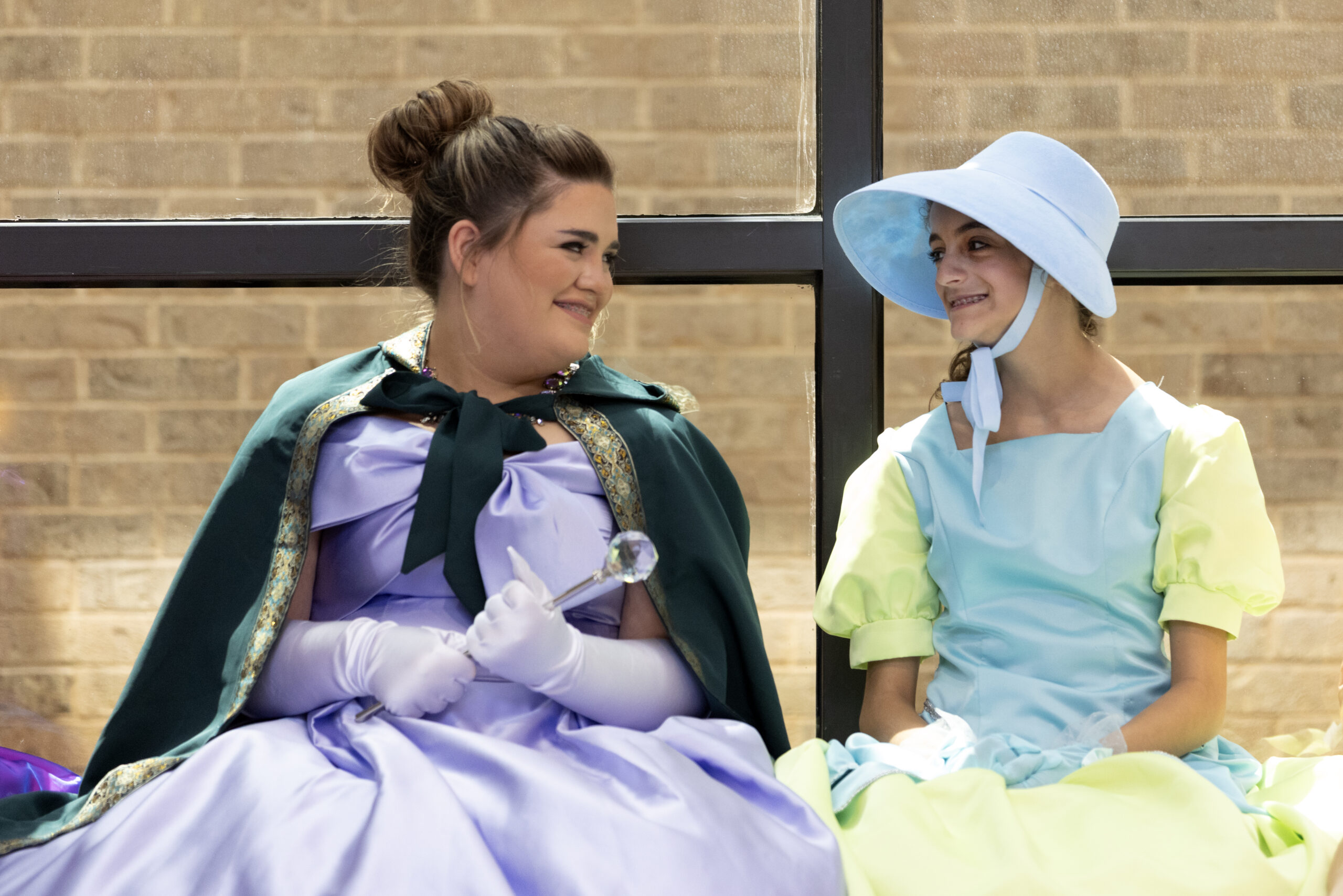Many people associate dyslexia with reading and writing problems. Although it is true that this learning disorder primarily affects reading and writing skills, children who have dyslexia may have other challenges parents and caregivers may miss. Knowing these less familiar signs of dyslexia can help you get your child the care they need early so they can succeed in school and in life.
Rhyming Words
Dyslexia causes problems with phonological processing, or the ability to hear, store, recall and make different speech sounds, according to the National Center on Improving Literacy. It also causes issues with a child’s working memory, the cognitive skill that allows them to remember and store information he or she has learned.
Children with dyslexia may not recognize that two words sound alike, or they may struggle to remember a word that rhymes with another word.
Mixing Up Letters
Children with dyslexia may confuse letters that look similar, such as:
- “b” and “d”
- “p” and “q”
- “m” and “w”
This is sometimes called letter reversal, and the cause isn’t fully understood. Some children may have issues processing visual information, leading to the confusion of letters that look alike. Letter reversal can impact a child’s reading skills as well as their ability to write and spell.
Older children may confuse these letters when writing, and as a result, many people think writing backward is a sign their child has dyslexia. However, it is not uncommon for children to write letters backward as they are learning to write, even if they do not have dyslexia.
Remembering Word or Event Order
The same challenges with working memory that can make it hard to rhyme words can also lead to difficulty remembering the steps involved in a task. Whether the task is tying shoes or doing a chore, you might see a child struggle to complete the task, do things out of order or skip steps altogether. A child with poor working memory may also have trouble learning math.
Confusing Directions
People with dyslexia may have problems with spatial reasoning, or the ability to tell left from right or up from down. All of us mix up our lefts and rights on occasion, but we can often sort it out quickly. Children with dyslexia have a consistently hard time doing so.
Common Signs of Dyslexia
As with any symptom, parents and caregivers shouldn’t jump to conclusions if their child shows these less familiar signs of dyslexia. Getting your child evaluated will allow a dyslexia expert to consider those symptoms in context with other, more common symptoms of dyslexia, which can include issues with:
- Learning letters and the sounds they make
- Learning to read and speak
- Pronouncing words properly or sounding out unfamiliar words
- Reading aloud
- Recognizing letters of the alphabet
- Remembering dates
- Speaking clearly
- Spelling
- Understanding mathematical concepts and numbers
- Using the correct word to describe an object
Signs of dyslexia can appear in early childhood, well before a child reaches school age. The condition can also show up as kids get older and even into adulthood.
Early intervention is crucial to help a child learn and grow, as addressing these challenges right away can make a significant difference in a child’s ability to learn to read and write effectively. As kids get older, addressing dyslexia can improve their self-esteem and help set them up for success in adulthood.
Finding out your child has dyslexia can be a lot to process. The Luke Waites Center for Dyslexia & Learning Disorders at Scottish Rite for Children is here to help. Complete an application request today to get started.




